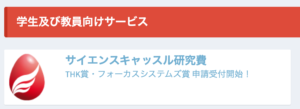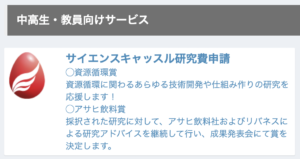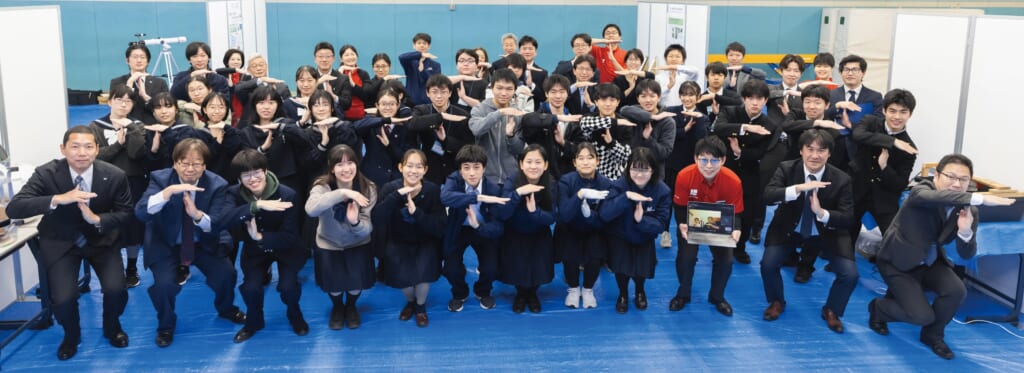Manufacturing is problem solving.
Representative Director, President and COOMr. Takashi Teramachi
THK Co., Ltd. has a philosophy of "contributing to the creation of an affluent society by proposing new things that have never existed before and bringing a breath of fresh air into the world," and launched the THK Co-education Project in 2017 to "increase the number of creative development-type human resources who love manufacturing and can solve problems. In 2021, the company updated the concept to "Monozukuri 0.", which aims to encourage junior high and high school students to make things, even if only half a step at a time. The number of teams selected for the annual Science Castle Research Fund THK Monozukuri 0. Award has exceeded 70. We interviewed Mr. Teramachi, the president, about the founder's thoughts.
Making Japan an attractive manufacturing nation once again
The foundation of our business is our desire to increase the number of people involved in manufacturing by creating an attractive environment for manufacturing in Japan," says Mr. Teramachi. Mr. Teramachi emphatically states that if people who share this desire gather together, the manufacturing environment in Japan will change.
THK is a company that supports the world's manufacturing industry with its "straight moving The company has a domestic market share of 701 TP3T and a global market share of 50% with its "LM Guide," which was developed ahead of the rest of the world. This is a device that enables smooth linear motion using rotational motion with low frictional resistance. Normally, heavy objects cannot be moved by friction, but when placed on this LM Guide, they can be moved smoothly and precisely. It is used in a wide variety of applications, including factory machinery, automobiles, airplanes, robots, seismic isolation mechanisms for buildings, 3D printers, and platform door openers and closers at train stations.
Science Castle Research Fund has been initiated to address the issue of human resource development in the manufacturing industry in Japan. The program supports junior high and high school students who are taking on the challenge of solving various problems through manufacturing. After seven years of supporting the program, we have had more opportunities to let junior and senior high school students and teachers know that we support their passion, and we feel that the number of applicants for the research grant has been increasing," said Mr. Kato.
Pure and passionate feelings are common to all ages.
Some teams and schools have applied for research funding many times, while others are new to the program and are applying. The research theme has remained the same since the early days: "making things that solve problems in the world by using the LM Guide. The challenges in the world can be anything from issues in our own school life, nature, or club activities that are not related to manufacturing. Some people originally love making things and want to make cutting-edge things, while others want to make things such as experimental equipment that will take the research they are pursuing one step forward out of their own curiosity. The students who apply for the research grant have a passionate desire to solve problems by making things, and this has not changed over the past seven years. Perhaps this desire has not changed since mankind invented tools. Mr. Teramachi says that the roots of monozukuri can be felt even through this research grant.
Mutual Receipt of Stimulation is a Force to be reckoned with.
The adopted teams will be assigned one THK employee as a technical advisor and one LIVERNESS employee as a mentor, and will meet online once a month to discuss technical development. Each year, five new technical advisors will join the team, so the number of employees within THK who have experienced direct discussions with middle and high school students will increase. In corporate activities, the axis of thinking tends to be simplified, such as the profitability of a business. In contrast, when middle and high school students formulate ideas, they often do not consider the same restrictions as companies do. I find their perspectives, viewpoints, and perspectives very stimulating," he says, "as they perceive issues from completely different perspectives, or approach the same issue in different ways and with different objectives. In manufacturing, vision and execution are important, so I am reminded of where we have a vision that includes human enrichment rather than a simple competitive perspective. Teramachi laughs, "I suppose this is the kind of stimulation that adults find when they interact with students." I look forward to seeing what the next entry will bring."



